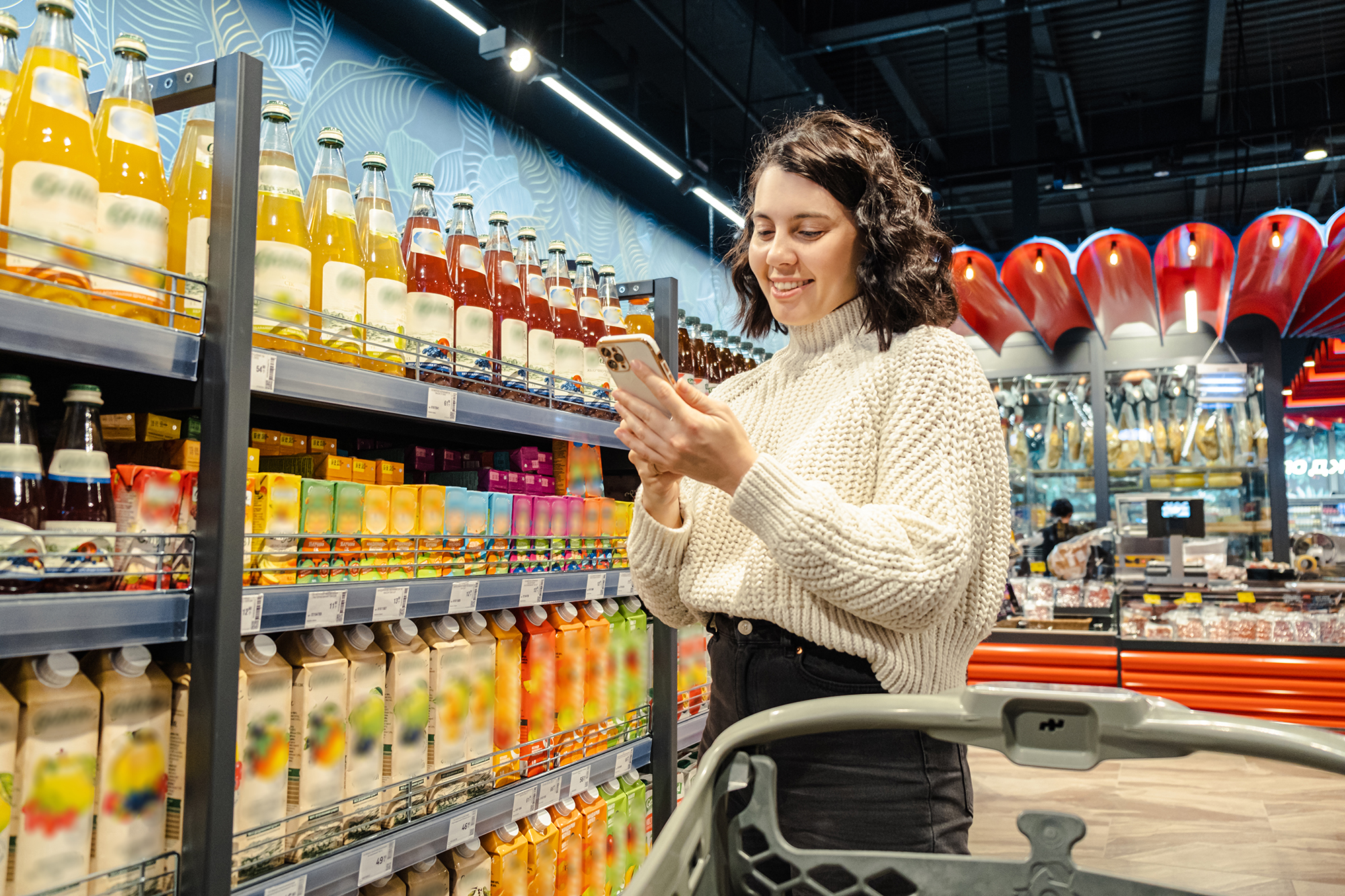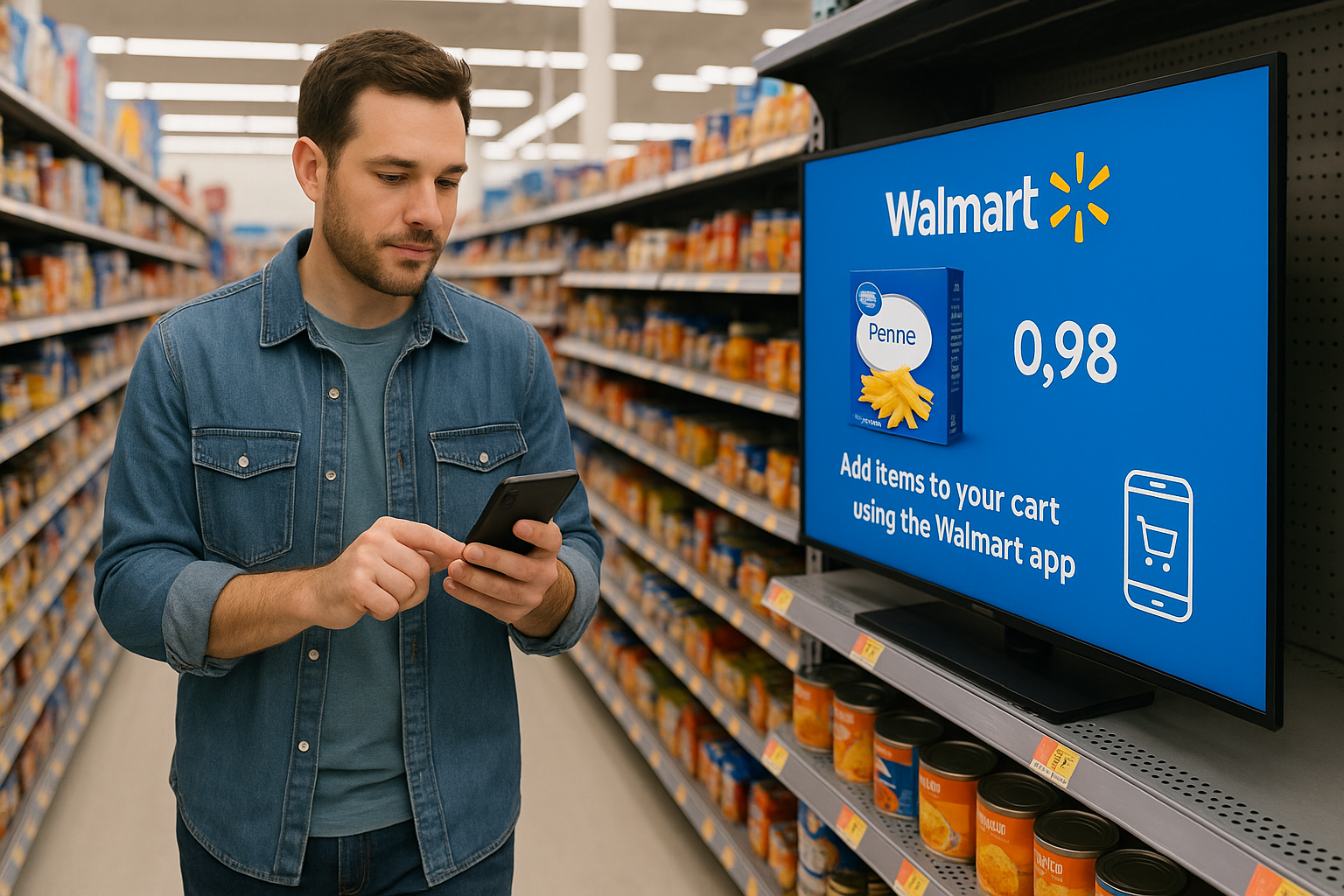The report highlights AI-powered personalization as a transformative but underutilized solution in grocery shopping, detailing how grocers must embrace it to stay competitive in the future.
Table of Content
Summary
The grocery shopping experience is constantly evolving. The days of aimlessly browsing aisles are being replaced by the convenience of smart carts and one-click online purchases. Yet, many grocers are missing out on the real game-changer—AI-powered personalization. This technology goes beyond basic product suggestions, offering a tailored experience that understands each shopper’s habits, preferences, and needs. Imagine a platform that reminds customers when they’re out of essentials, suggests recipes based on their cart, or encourages healthier choices.
AI-driven personalization holds massive potential, not just for creating smoother shopping experiences, but for building customer loyalty, increasing basket sizes, and boosting profits. Grocers who tap into this capability can foster stronger customer relationships, keeping them engaged in a crowded market. Despite its advantages, many in the industry aren’t leveraging AI’s full potential, leaving significant opportunities untapped.
Challenges such as siloed data, lack of a clear strategy, and limited in-house resources are holding grocers back. However, these barriers are easily overcome with the right partner and technology. AI-powered personalization can be deployed quickly, delivering immediate revenue benefits that will help grocers stay ahead of the competition. The time to embrace AI is now.
Why you should download this report
- For grocers, personalization is a key differentiator in a competitive market. The report details how investing in personalization technologies helps grocers stay ahead of trends and boosts profitability, making it a crucial driver of competitive advantage.
- Custom recommendations and targeted promotions make customers feel appreciated and recognized, which leads to increased purchase frequency and larger basket sizes. The report talks about how personalized strategy enhances customer loyalty, as shoppers are more inclined to return to grocers that cater to their specific needs, driving long-term revenue growth.
- Grocers who successfully categorize their customer base into specific segments based on criteria like purchasing intent, behavior, demographics, loyalty, and preferences gain substantial advantages. The report reveals how tailoring marketing strategies to these segments allows grocers to create highly relevant and impactful messages that resonate more effectively with each group.
- The report highlights how personalized digital experiences lead to larger basket sizes as customers are more likely to purchase additional items, often due to recommendations of complementary or new products. This approach encourages more comprehensive shopping experiences, boosting the average transaction value.
- The report further underscores how a majority of grocers are still in the early stages of personalization, relying on basic tactics and segmentation rather than utilizing advanced, data-driven strategies. This limited approach often leaves them needing help to meet or exceed shopper expectations fully.
Survey demographics
The report's findings are based on comprehensive surveys involving 117 respondents, of which 56% are of Director level and above. This perspective examines how AI-powered personalization is transforming the grocery industry. It notes that this solution is not yet fully explored. Grocers need to integrate AI-driven personalization to be prepared for the future.

.png)


.png)



.JPG)


.png)

